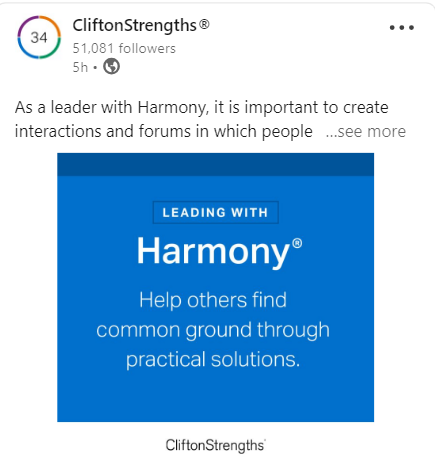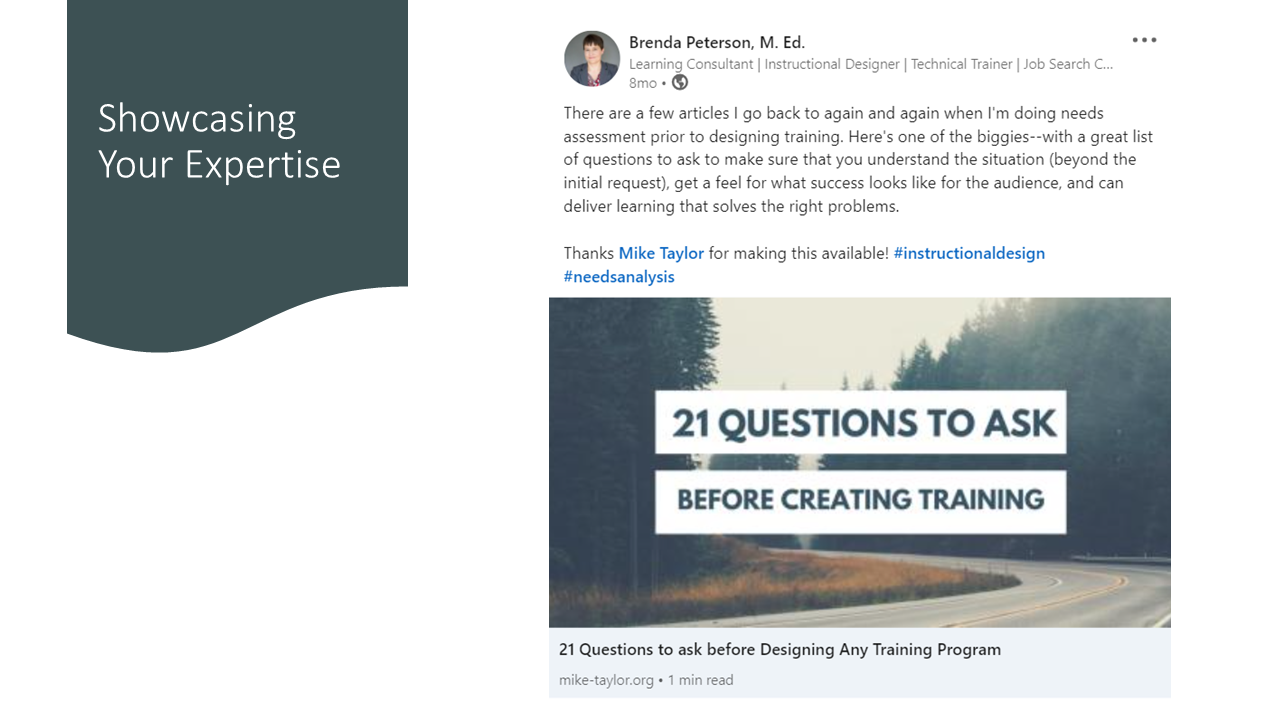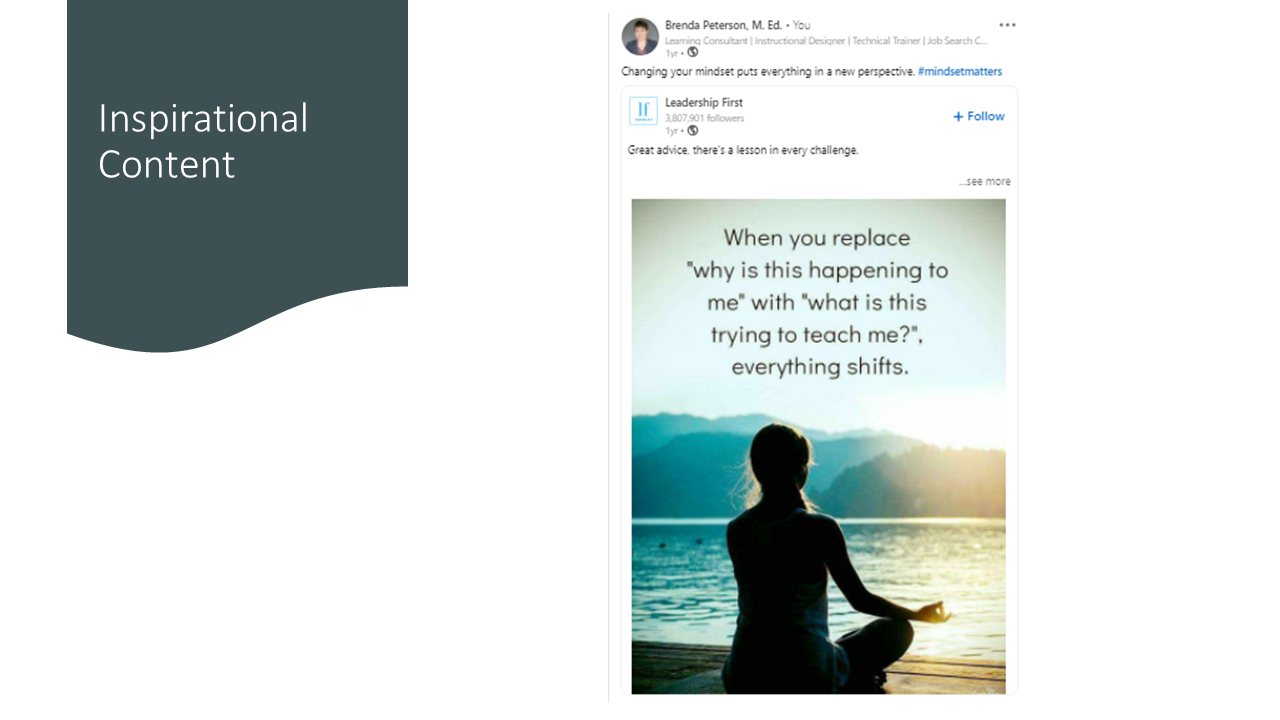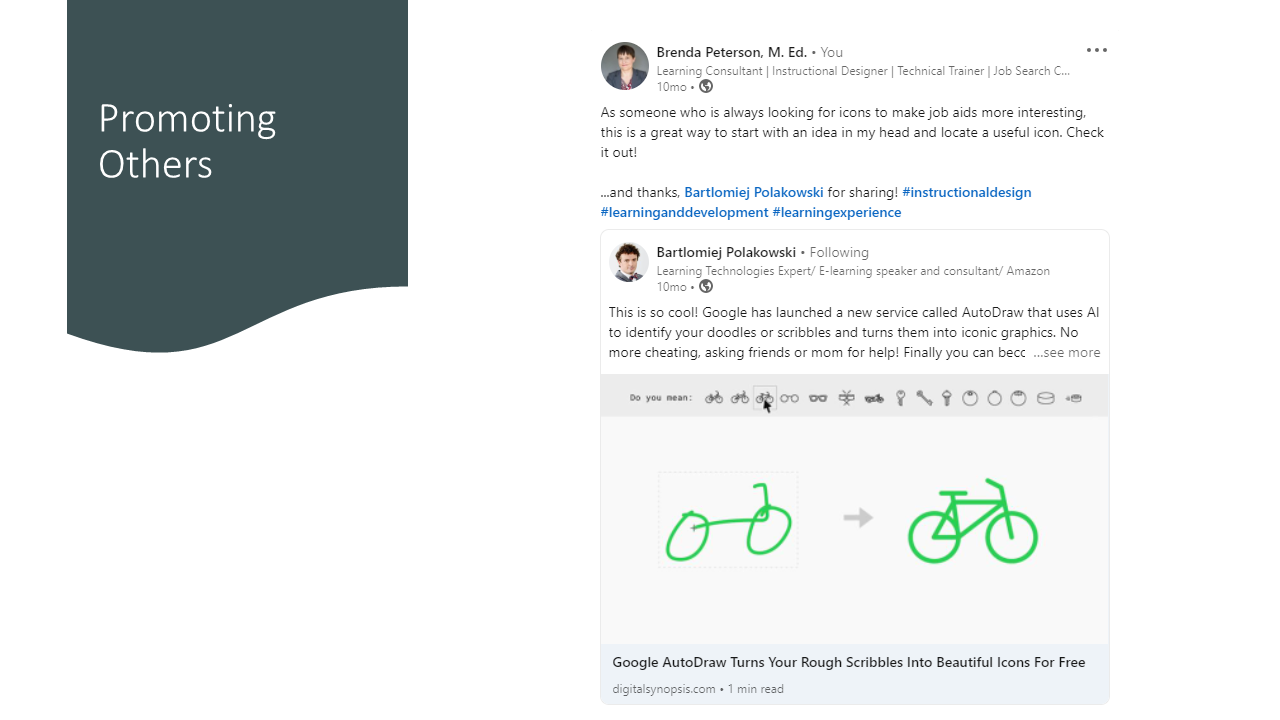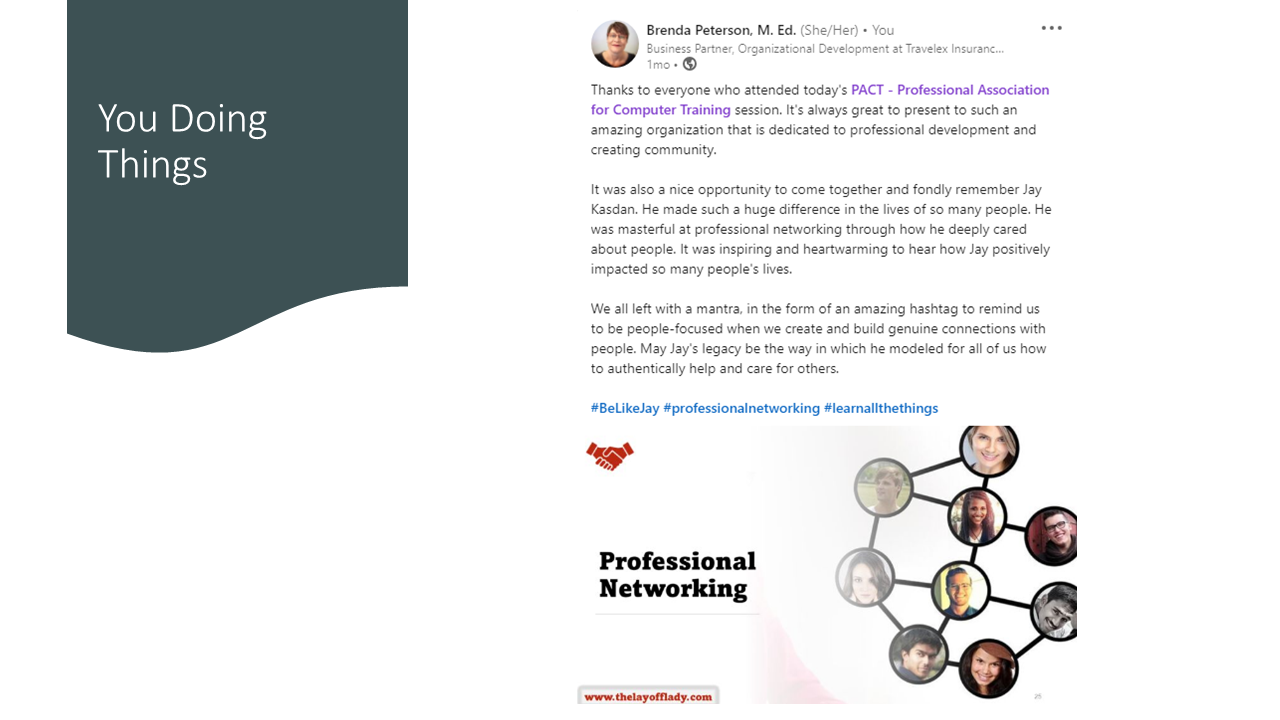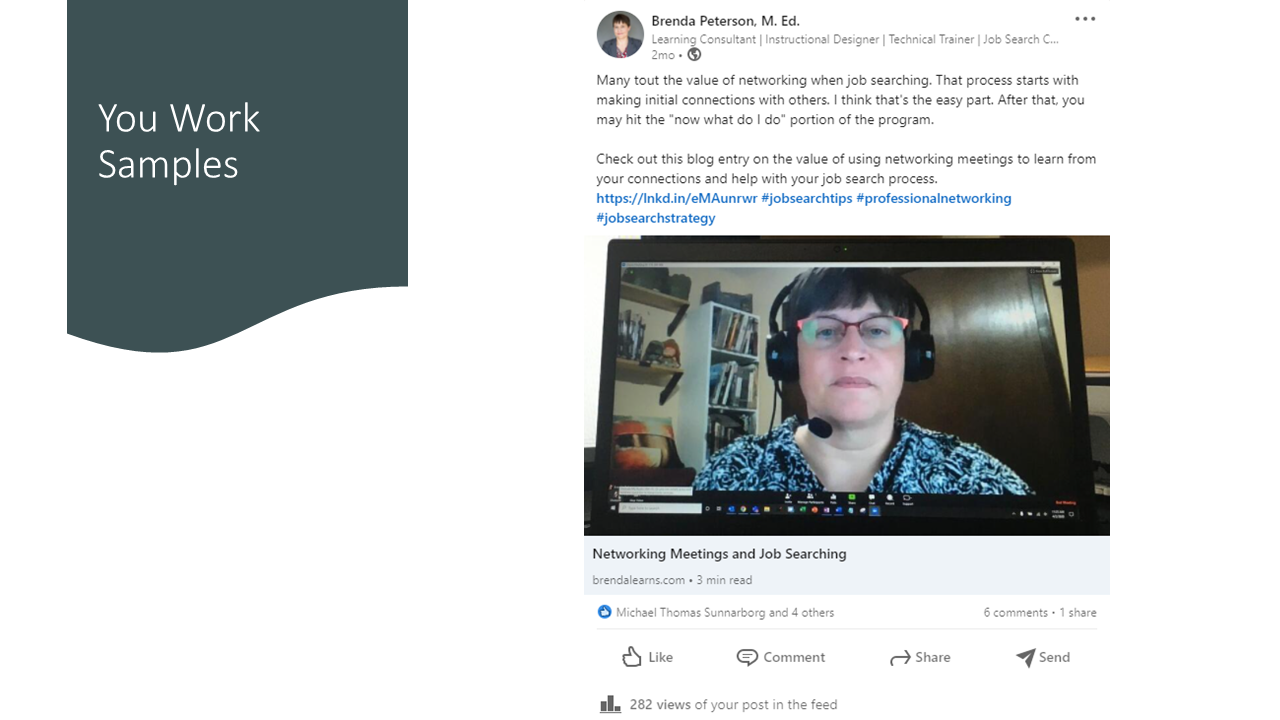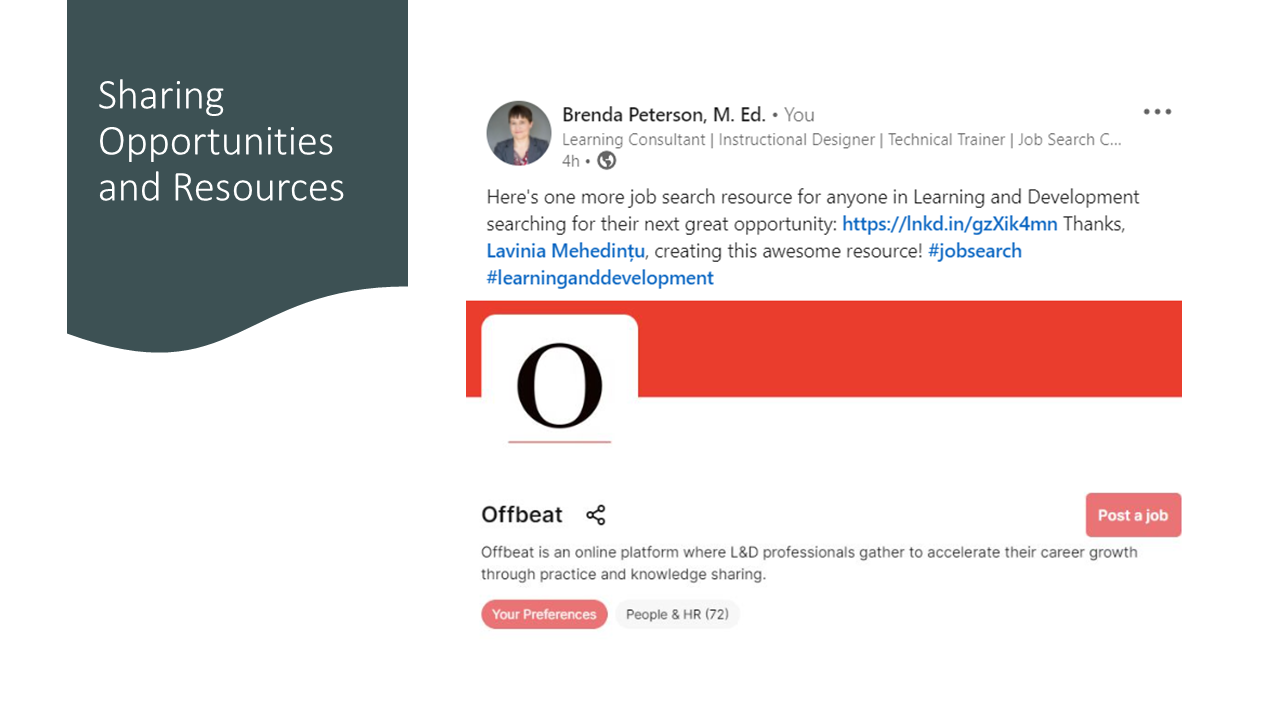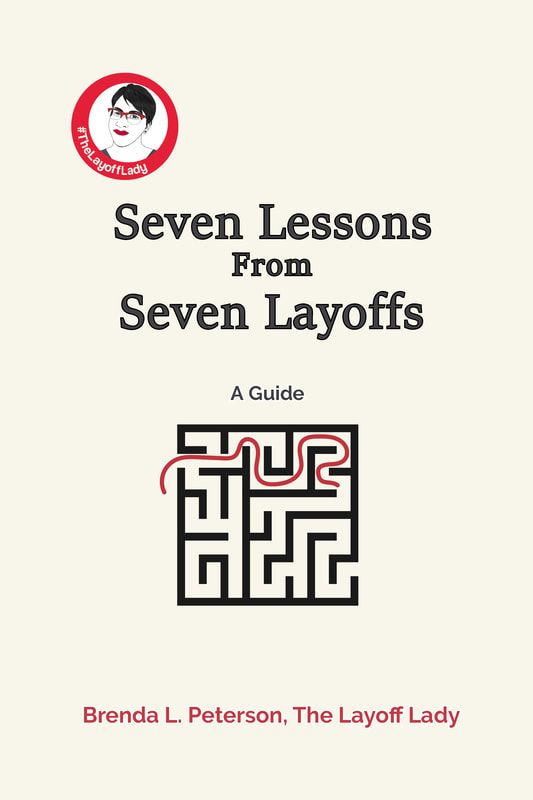|
By Brenda L. Peterson, The Layoff Lady The Value of a Backup PlanCareer Resilience is all about being ready to deal with what comes. Thinking through scenarios, or contingency planning, is one way to prepare for possible outcomes. By thinking through your next steps before you are in that situation, you can ensure that you are better prepared for whatever does come to pass. After seven layoffs, I know the importance of ensuring my financial security. Here are my best practices for preparing for a possible job loss. The Scenario: Unexpected Job LossWhat would you do if you went to work tomorrow and found out it was your last day at work? If you've never had this experience, this prospect might be almost unthinkable. Let's take a few minutes for you to think through how this change might impact your life. Here are a few key areas you would need to address. Budget ImplicationsOnce you find out your job is ending, you'll need to figure out how to pay your bills without what may be your main income stream. You would need to find out about any final money you would receive from your employer, including your last paycheck, a vacation payout, and maybe even some kind of severance package. You would also need to explore other possible money you could access to pay for your main expenses until you could find a new job. This might include unemployment payments or your savings. In addition, realize that your health care coverage might end with your job. You will need to determine how you will pay for any health-related costs. This could include switching to a family member's plan, finding and paying for other health care coverage, or determining how to handle possible health care costs outside of an insurance plan. Each of these options has a different price tag and level of risk. Budget Questions To Ask YourselfAsk yourself these questions about your current budget for your household:
Possible Contingency Planning Stepshile all of these questions might seem big and scary to contemplate, remember you're not in that situation at this time. Right now is a good time to do some research and preliminary thinking on how you might manage each of these factors. Consider doing the following to help inform your contingency planning: Your Income
Your Expenses
Your Savings
What Do You Think?What questions do you think you need to focus on as you do your contingency planning? Share your thoughts in the comments. Learn More
0 Comments
By Brenda L. Peterson, The Layoff Lady Learn all the things!Whether you're gainfully employed or looking for a new role, continuing to learn and grow is a valuable career resilience strategy. While you can certainly pursue college degrees or certifications, there are many informal ways to increase your knowledge. Here are three of my favorite ways to continue learning and growing. Strategy 1: Social MediaStaying current on industry trends can be a challenge. One way to learn a little bit at a time is using social media. I use LinkedIn to learn a little at a time on topics that matter to me. Follow thought leaders and regularly read their posts to learn more about emerging trends and technologies. In addition, follow companies to stay current on their new products and positions in the marketplace. You can also follow hashtags for keywords you like to learn about. Here are a few topics I consistently learn about from social media posts:
Strategy 2: WebinarsWebinars are an excellent way to learn about a topic in more detail, usually over the course of 30-60 minutes. In a webinar, you can hear a speaker lead you through content, highlight important points, and string those ideas together into a more cohesive whole. In addition, you may also have the opportunity to interact with other webinar attendees. Webinars may focus on presenting content, answering questions from live attendees, or getting the group to share ideas on a specific topic. Here are a few webinars I have attended and what I took away from each:
Strategy 3: Professional OrganizationsProfessional organizations are a great way to learn more about a wide variety of topics. For one, you can attend regularly scheduled meetings, which typically have an educational component, to learn industry-specific content. Most groups have a social component, whether it is networking time during meetings or separate events that focus on getting to know other members. There are also volunteer opportunities, from helping check people in at a monthly meeting, being on an event-specific committee, and taking on a leadership role. These opportunities provide multiple ways to learn from a structured event or learn by doing. Here are a few professional organizations I have been a part of and ways I have learned content and skills:
Learn More
By Brenda L. Peterson, The Layoff Lady Using LinkedIn To Build Your BrandSharing content on LinkedIn is a great way to engage with your connections, add value to your professional relationships, and promote who you are and what you know. However, only about 1% of LinkedIn users ever post anything at all--which I think is a huge missed opportunity to stand out. Why People Don't Post on LinkedInWhen I've asked people what is stopping them from posting on LinkedIn, the overwhelming answer is, "I don't know what to post." Like with most everything in life, it comes down to your overall goals. Whether I'm promoting myself in general or actively searching for a new "day job" in L&D, my goals remain consistent: to share knowledge and strengthen relationships. There are many ways posting on LinkedIn can help. I suggest using LinkedIn to share posts that support who you are as a professional. Types of PostsYou don't have to write a long, original manifesto to post on LinkedIn and make an impact. Here are examples of what you can post on LinkedIn that will help you "build your brand" and share what you're all about, both professionally and as a person:
Let's look at a few examples of my posts. Showcasing Your ExpertiseWho are you professionally? What are your skills? What do you bring to the table as a possible employee of a given company? For me, my skills include training leadership, needs assessment, relationship building, instructional design, project management, technical writing, facilitating classes, and more. You as a PersonWho are you? What is it like to work with you? What are your interests? What do you care about? For me, I love helping people to succeed. I love removing obstacles so people can be successful. I enjoy board games, inline skating, my cats, my family, and a good cup of coffee. I am also kind of a nerd. I also own a velvet Elvis--because of course I do. Inspirational ContentWhat picks you up when you are down? What insights struck you? What motivates you? For me, I love quotes about the value of lifelong learning, self care, and shifting your mindset. Promoting OthersWho inspires you? Who do you learn from? Who shared a useful resource that benefitted you? For me, I enjoy finding awesome people to learn from and sharing useful articles with others who might also find them helpful. You Doing ThingsWhat do you do? What did you write? How do you volunteer? For me, I lead classes, go to professional development meetings, deliver webinars, inline skate, and, on rare occasion, beat my now-adult child at a board game. Your Work SamplesWhat projects do you work on? What do you write? What content to you create? What experiences have you learned from? For me, I teach custom webinars, write blog articles, assist other instructors, and design learning. Sharing InsightsWhat have you learned about your chosen profession? What's a tip you like to share? What's your go-to strategy for solving a problem? What's something unique you have noticed? For me, I make observations, see unique solutions to common problems, or see how training and learning are out there in the world. And also coffee. Sharing Opportunities and ResourcesWhat problems can you help people solve? Who do you know who is a go to person for a given topic? What is a solution you learned about from a common problem? For me, I share information for people who want to get into corporate training, share job search resources, point people towards others who share topic-specific content. Learn More
|

Just get laid off?
Click here for info on what to do first. Author7-time layoff survivor Brenda L. Peterson, The Layoff Lady, waxes poetic on layoffs, job transitions, & career resilience. Buy The Book!Were you recently laid off from your job and need a roadmap for what's next? Pick up a copy of my book, Seven Lessons From Seven Layoffs: A Guide!
Categories
All
Archives
July 2024
|



